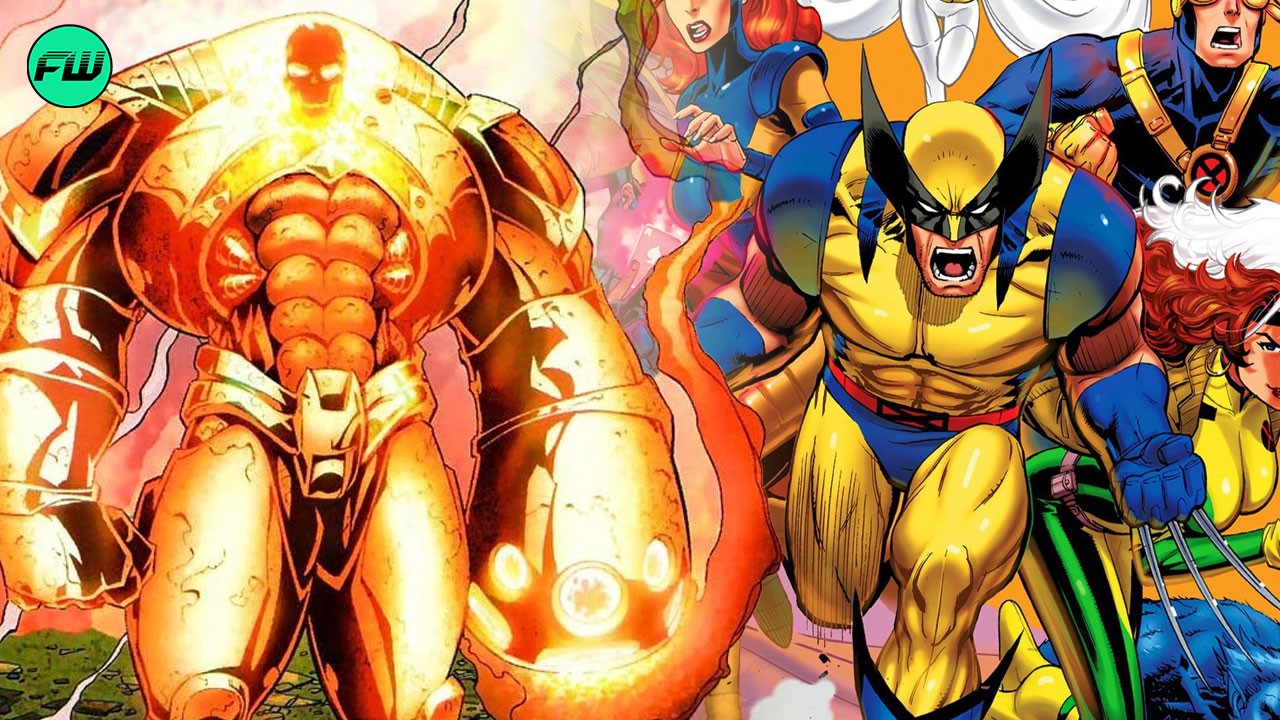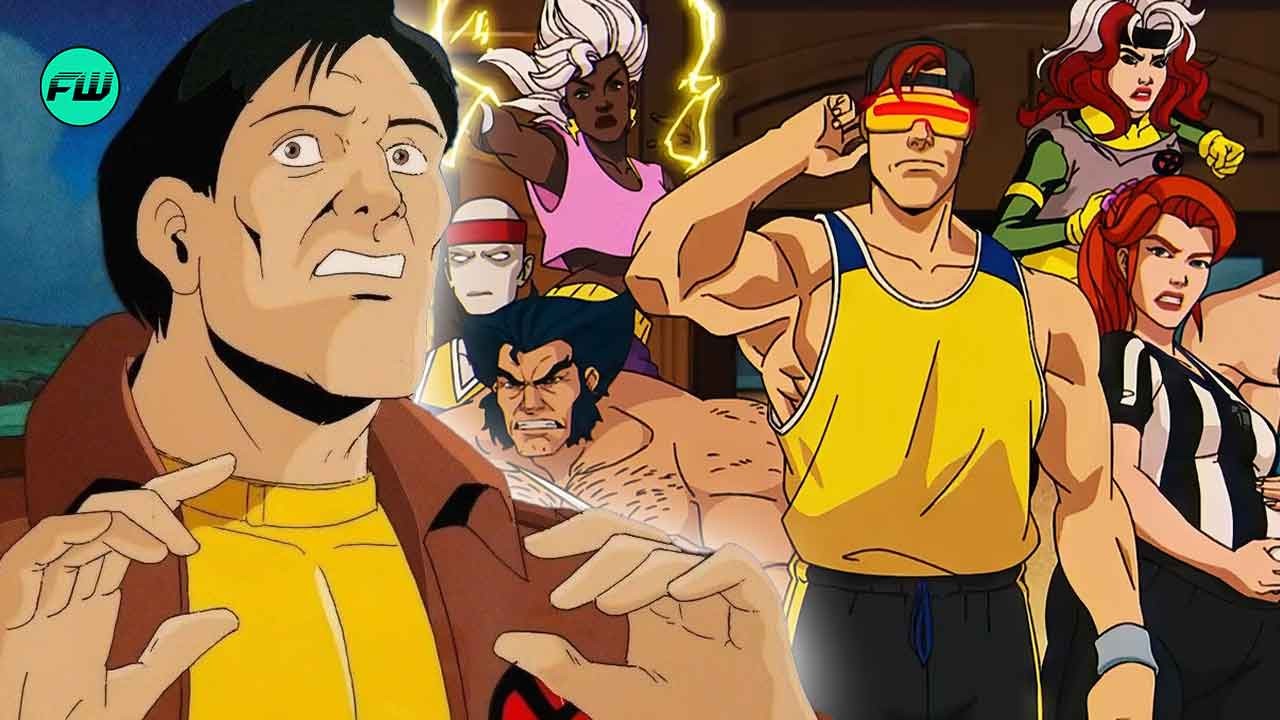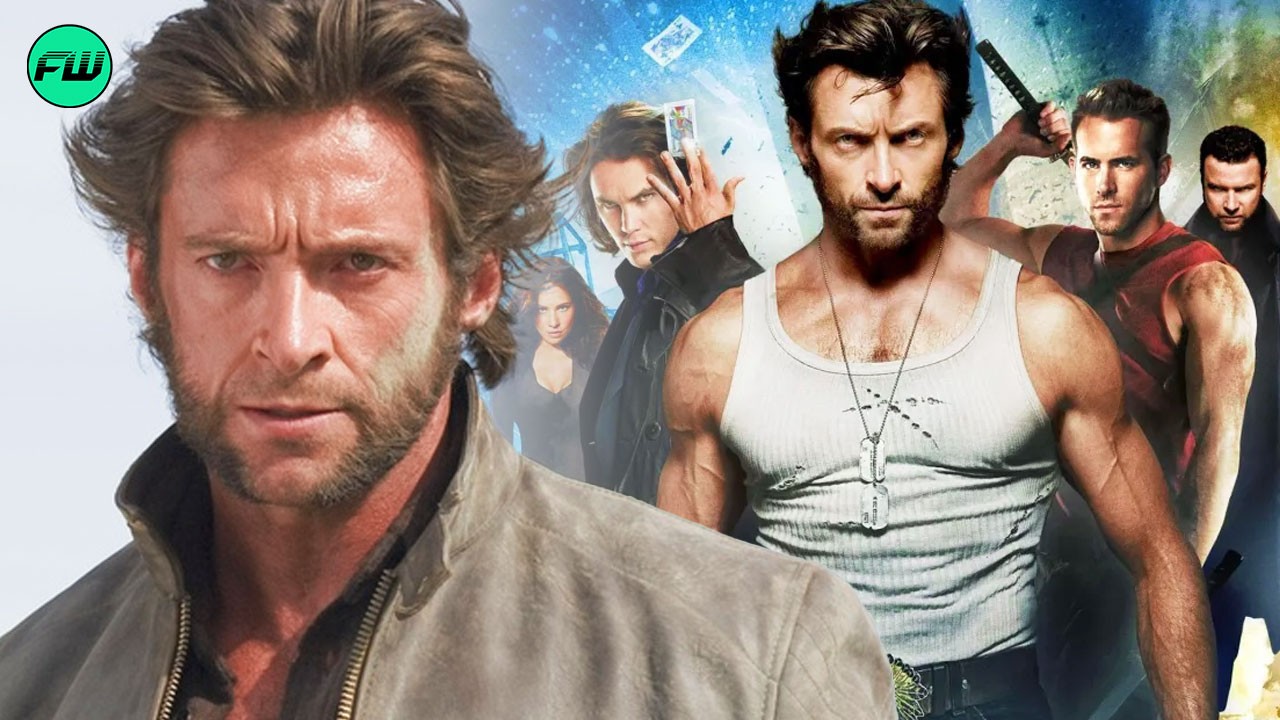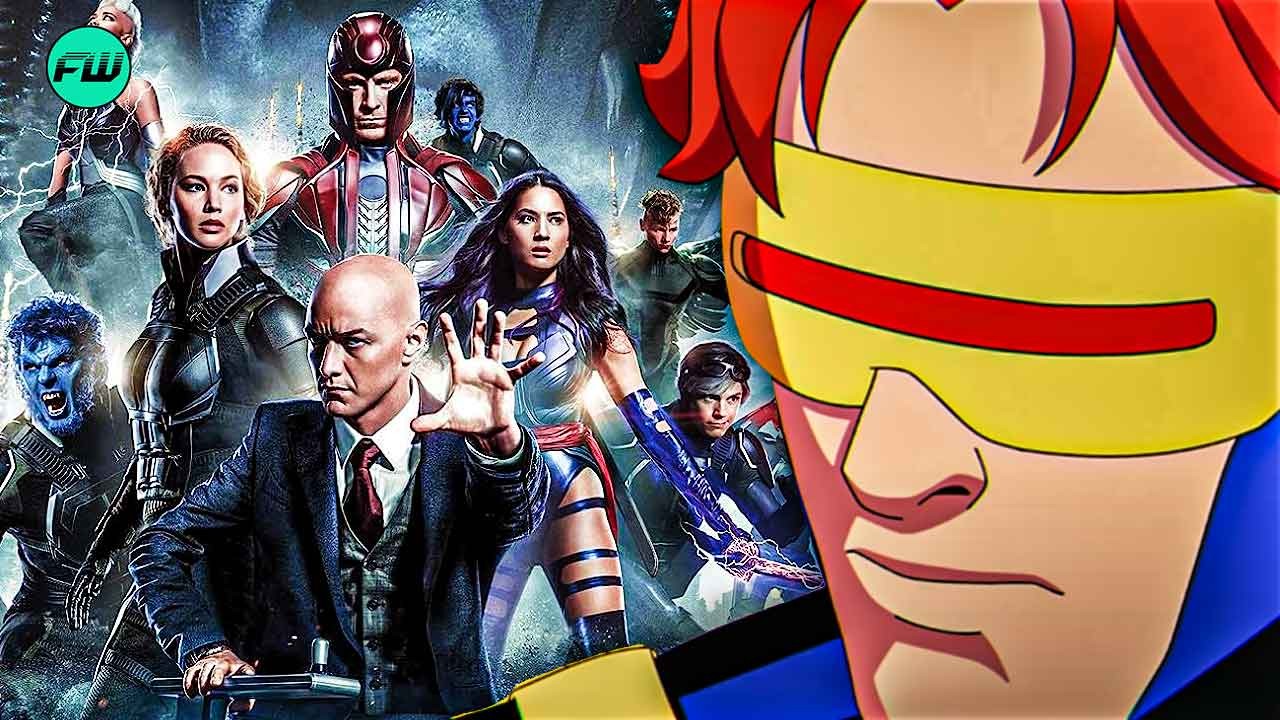In the diverse and wide Marvel Universe, X-Men stand out not only for their unique powers but also for the diverse array of villains that have challenged the mutant heroes over the years. With their long-awaited debut in the Marvel Cinematic Universe, fans are now anticipating seeing the superheroes along with their adversaries gracing the silver screen.
However, despite the optimism, certain characters may unlikely make the transition to the big screen, primarily due to their controversial nature.
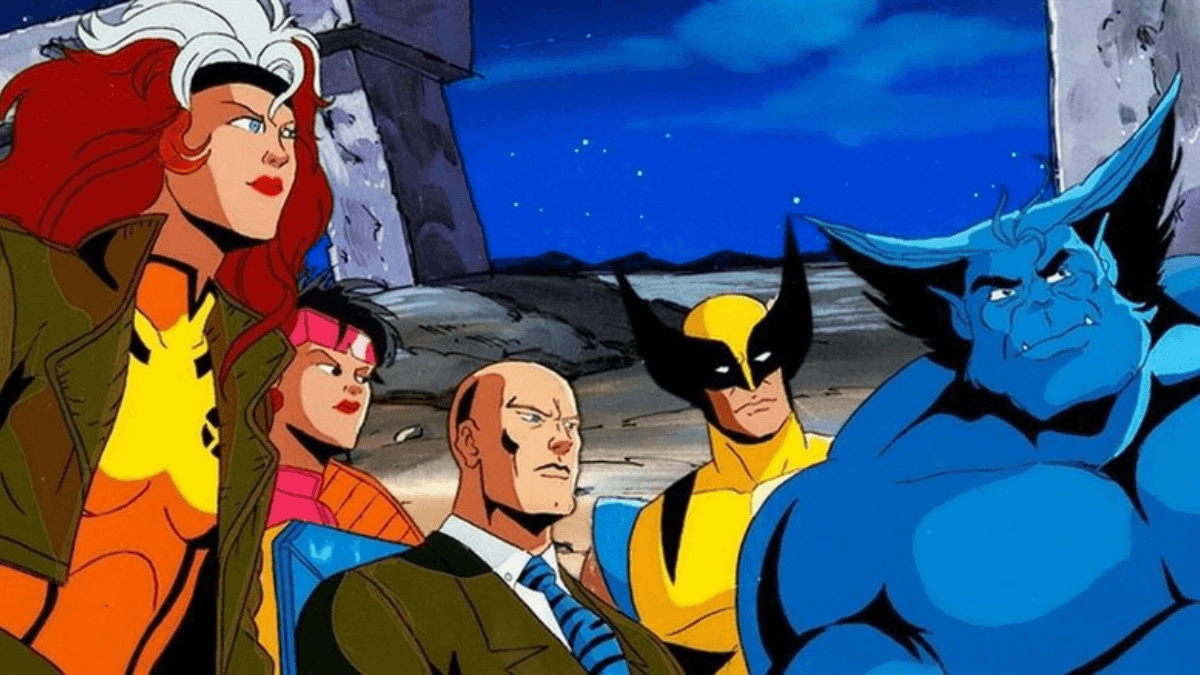
From characters with problematic real-world associations to those whose stories demand substantial alteration for mainstream appeal, certain X-Men villains seem destined to remain confined to the pages of comic books. Following are some of these villains that Marvel may hesitate to bring to the big screen due to the complexities that surround these characters.
Ahab
Dr. Roderick Campbell, aka Captain Ahab, was not truly introduced as a villain in the comics. The character was initially seen working alongside Moira MacTaggert and was determined to help the mutant until he witnessed an alternate reality where he succumbed to madness after losing his leg.
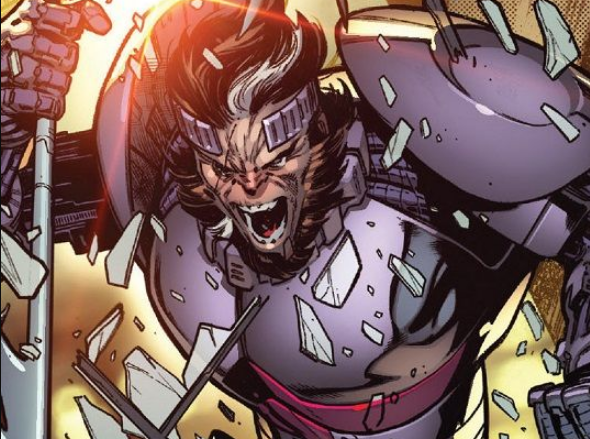
Ahab takes on a more significant role during the events of the Days of Future Present as a cybernetically enhanced human, where he enslaves the minds of mutants to hunt their own kind. However, his vicious actions are not limited to enslaving mutants only. His deep-rooted hatred towards mutants and his role as the master of mind-controlled Hounds present ethical complexities that delve into issues of racism, consent, and agency.
Among these, there are also concerns about the narrative for disability representation, especially once he transitions into a cyborg after being depicted as a paraplegic. The character’s multifaceted nature adds layers of controversy to his portrayal, prompting discussions about the potential impact on Marvel Studios’ approach to adapting him in the Marvel Cinematic Universe.
Holocaust
Another controversial X-Men villain could be the son of Apocalypse, Holocaust, also known as Nemesis. However, unlike Captain Ahab, Holocaust holds an immense hatred for humans. As a Horseman of Apocalypse in the Age of Apocalypse, he played a pivotal role in the destruction of Wundagore Mountain along with participating in bloody programs against humans.
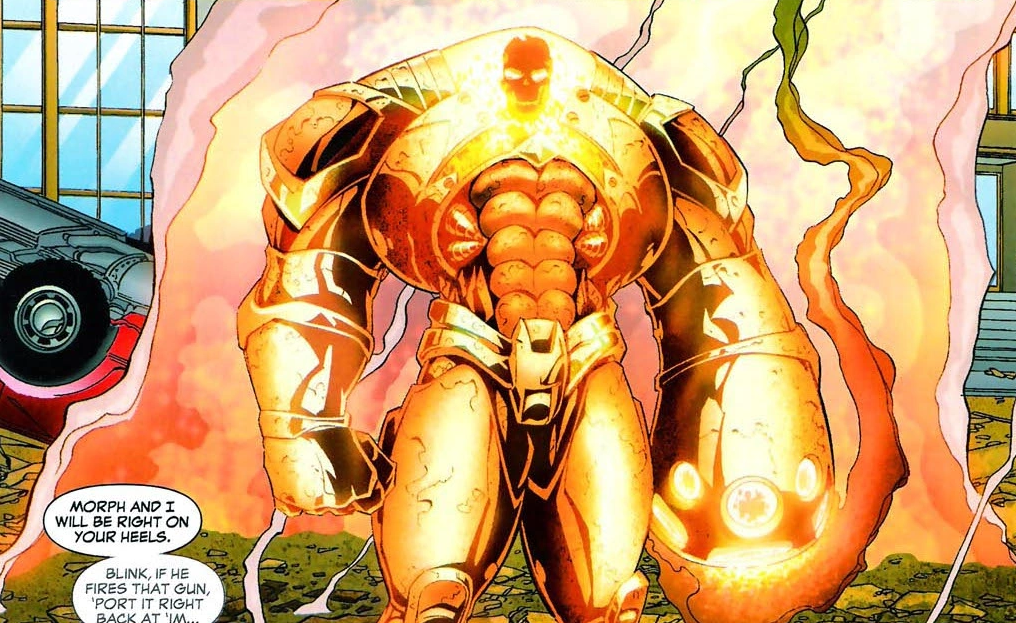
His actions also cause casualties among prominent X-Men members like Scarlet Witch. However, the core issue lies within his name, the Holocaust. The term, associated with the systematic genocide during World War II, is a sensitive term.
The character has faced criticism for carrying such a loaded name, leading to subsequent changes from Holocaust to Nemesis and later Genocide. Given its problematic associations and the potential for insensitivity and controversy, it is unlikely that this X-Men villain will make an appearance in the Marvel Cinematic Universe anytime soon.
The Genegineer
Originally introduced in Uncanny X-Men #236, The Genegineer has also been one of the controversial villains in the X-Men universe, evoking strong reactions from both fans and critics. His unsettling origin and actions evolve from a patriotic scientist to a man willing to erase the memories of mutants and recruit them into a strange army.
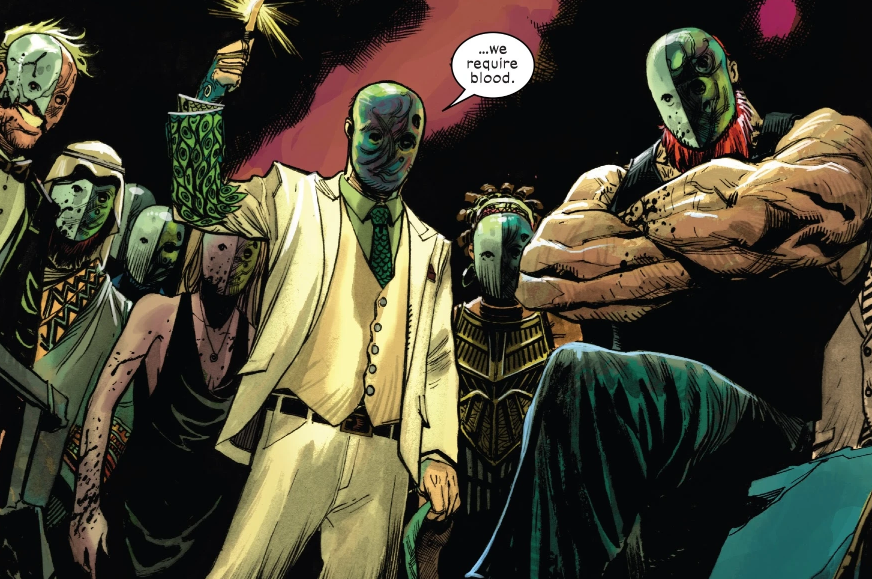
He further pushes the boundaries with the brutal treatment of mutants, involving lethal experiments. His connection to Genosha also adds a real-world metaphorical dimension, with the island exploring discrimination and genetic engineering as an apartheid metaphor.
The character becomes a symbol of historical injustices, sparking conversations about the depiction of sensitive topics in comic books and their impact on audiences. Overall, Genegineer’s controversy stems from its morally reprehensible actions, an unexpected character twist, and broader allegorical themes involving real-world issues.
The Purifiers
The Purifiers are led by William Stryker and justify their violent acts against mutants through their distorted interpretation of religious faith. The portrayal also touches on the real-world issues of religious extremism, racism, and discrimination, raising concerns about the exploitation of faith for violent agendas.
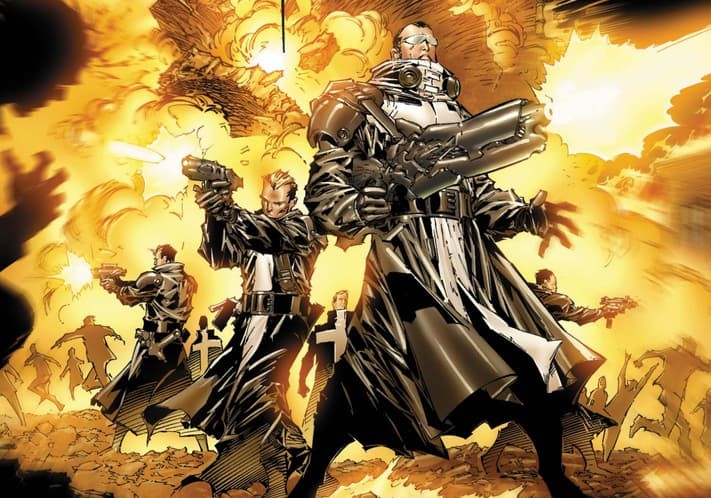
The storylines surrounding the radical group involve the depiction of violence against children, the manipulation of religious beliefs for recruitment, and the alignment of the Purifiers with political and business leaders. It seems unlikely for the studio to introduce such X-Men characters to sidestep potential controversies associated with real-world issues.
Greycrow
Greycrow, formerly known as Scalphunter, is one of the most controversial villains primarily due to his involvement in the mutant genocide storyline and his offensive origin name. The term Scalphunter has been associated with the violent and derogatory stereotype of Native Americans, perpetuating harmful stereotypes and cultural insensitivity.
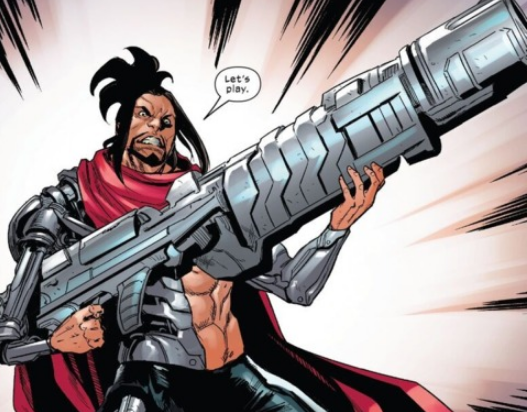
While Marvel Studios has taken steps to rectify this issue by changing Greycrow’s name, is reminiscent of a previous era in comics where cultural sensitivity was not prioritized. The controversy surrounding Greycrow underscores the importance of thoughtful representation in media, encouraging creators to be conscious of the impact their work has on diverse audiences and to correct past mistakes in the pursuit of more inclusive storytelling.

